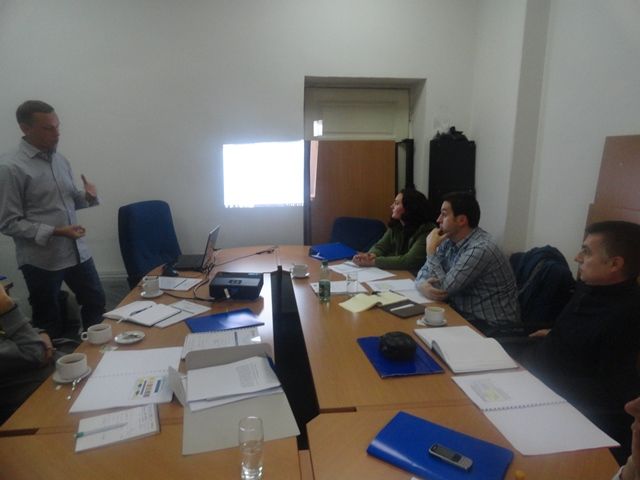The second SPDM training on public policy development held on October 17, employees of the Federal Development Programming Institute dealt with the topic ''Analysis of the situation and defining problems'' within the context of EU principles on public policy development.
The trainer for this topic, Mr. Selim Kulić, the consultant for public policy development of the USAID SGIP project (Strengthening Government Institutions and Processes in Bosnia and Herzegovina), particularly emphasized research methods for data gathering and analysis, which implies a contents analysis, statistical analysis, individual and group interviews and structural interviews.
According to his words, the means for achieving good management principles in the European Union are openness/participation, accountability, effectiveness and harmonisation or coherence of solutions, and content and process risks are: prior exclusion of other options, exclusion of actors, impairment of solution quality and implementation problems.
Kulić informed employees of the Institute about analytical procedures in the preparation, implementation and assessment of impact of public policies (and regulations), with a special focus on several important issues: identification and analysis of data sources, analysis of secondary data sources, gathering and interpretation of such data, research methods applied to data gathering and analysis, and as part of this particularly the types of individual and group interviews (depending on the flexibility of the questionnaire), and the most frequently used research methods.

